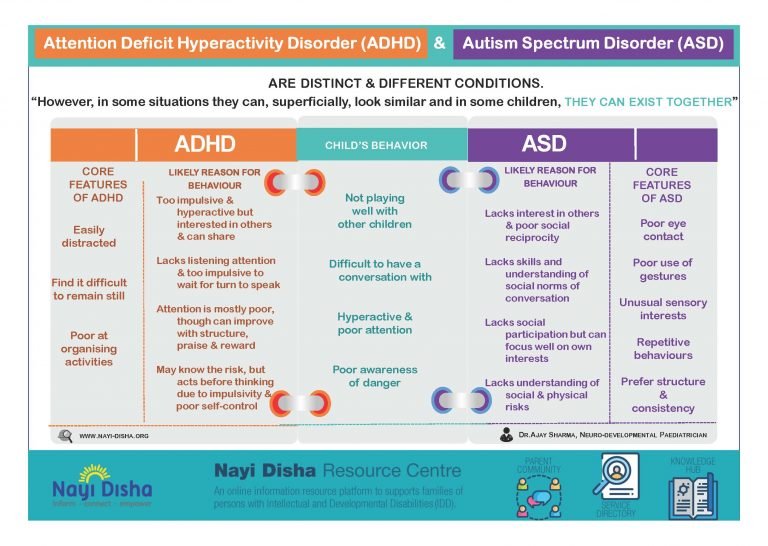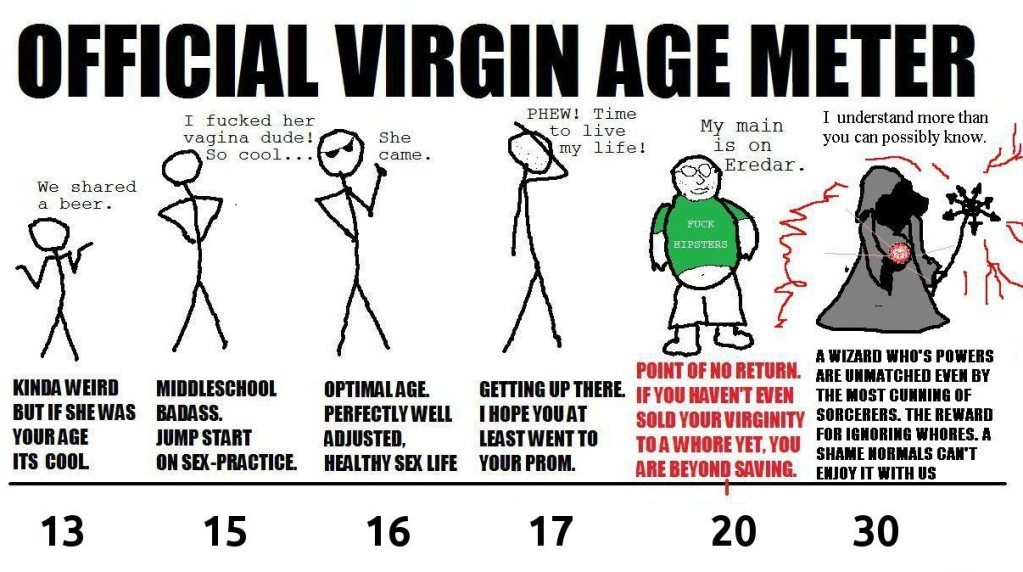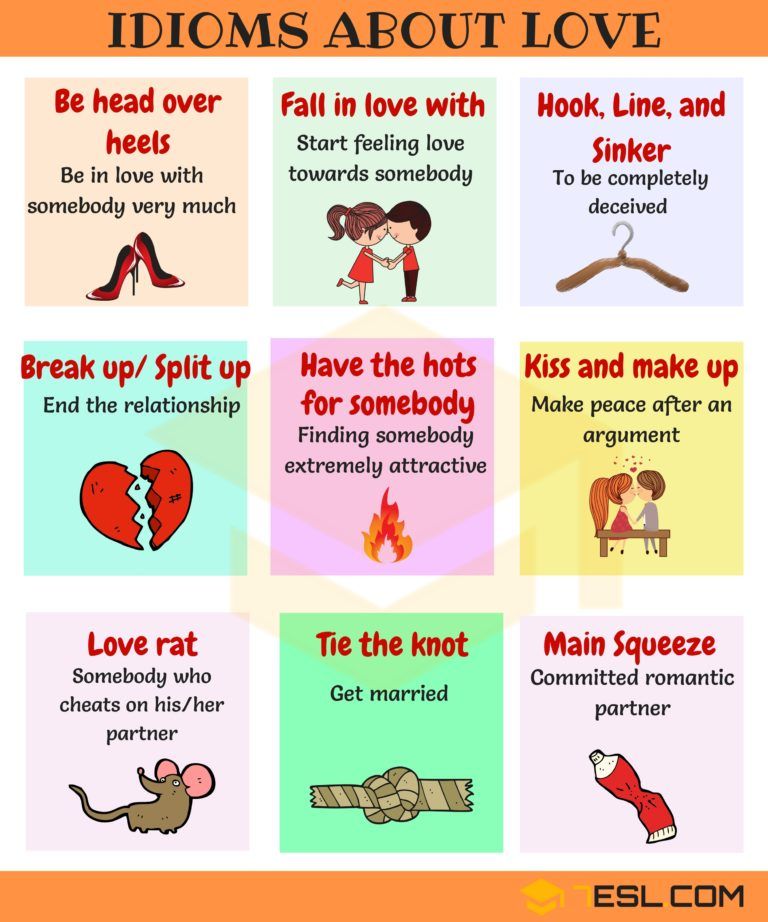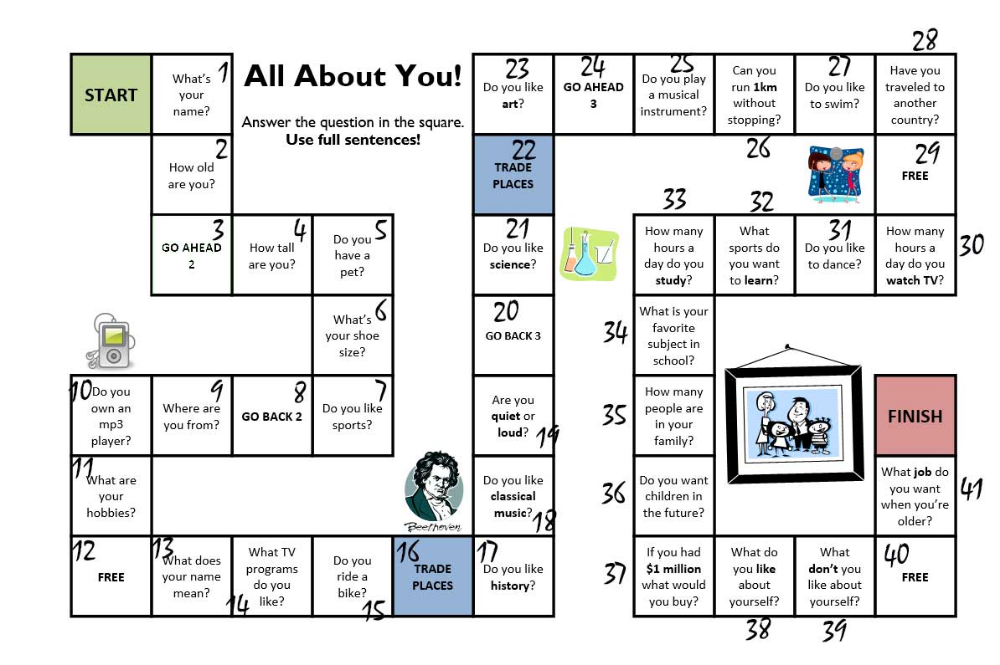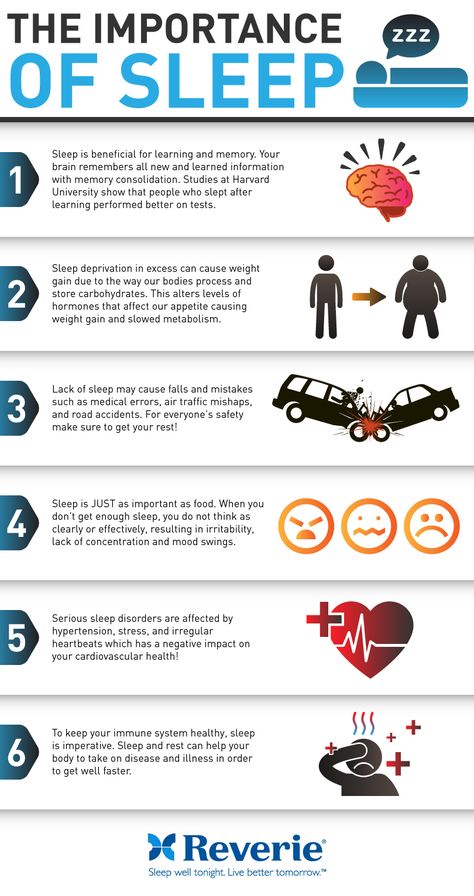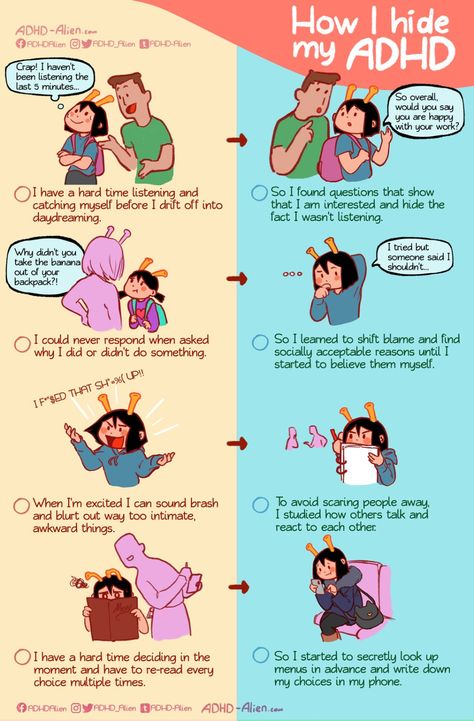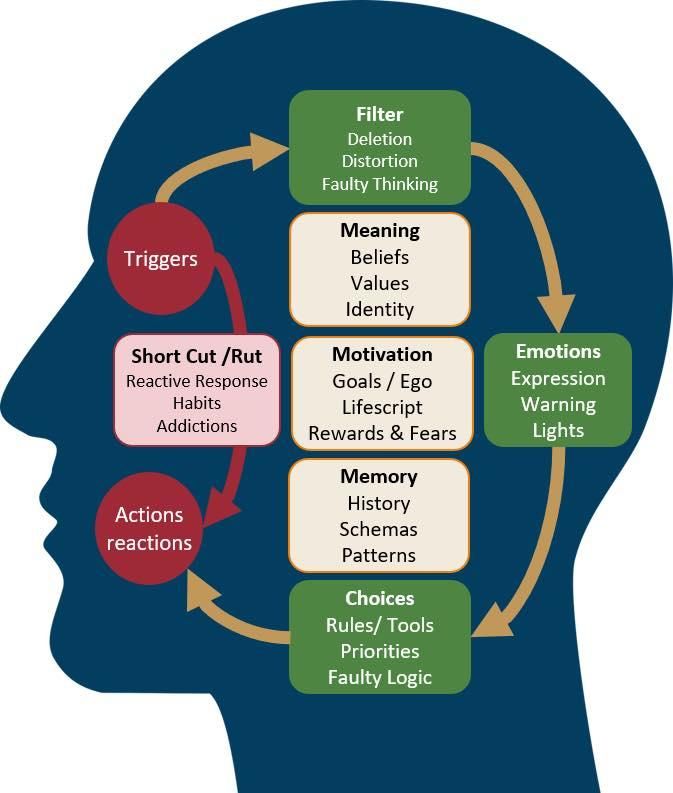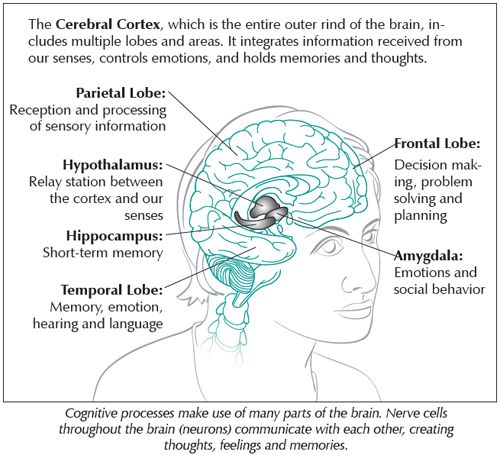Conditions similar to autism
Five Conditions That Mimic Autism
The month of April is National Autism Awareness Month, a month to raise awareness about this pervasive disorder that results in abnormal social interactions, poor communication skills and restricted, repetitive behaviors, interests and activities. Eating disorders are prevalent amongst those with autism. Studies have shown that 20 -30% of those with autism also have an eating disorder due to autism’s relation to routines and rigid thinking and emotional regulation.
Autism is diagnosed in childhood and carried on through adulthood. Parents of children with autism report unusual responses to environmental stimuli, including extreme reaction or a surprising lack of response to sensory input. The most recent numbers from the Centers for Disease Control indicate that one in 59 children has autism. A 2018 study in the Journal of Pediatrics found that one in 40 children in the United States has the condition. These numbers are not on the rise, but instead, more children are now being diagnosed because of the widespread awareness, education and tools designated to autism.
In past decades, children still had this disorder, but were not being correctly diagnosed.
Autism is categorized by the following groups of symptoms and can often be mistaken for other mental health and behavioral disorders that share similar characteristics, such as social interaction and communication problems or a difficulty relating to people, things and events.
1. Obsessive-compulsive disorder (OCD)
The symptoms of OCD, such as compulsive hand washing, cleaning or touching items like doorknobs, can resemble the repetitive motions of autism. The key difference is that individuals with OCD often feel uncomfortable, bothered or tormented by their compulsions, while repetitive or intrusive thoughts don’t always bother people with autism. The impulses can even be a source of comfort to those with autism.
2. Antisocial personality disorder
Often called, sociopathy, this personality disorder is characterized by the pattern of disregarding or violating the rights of others.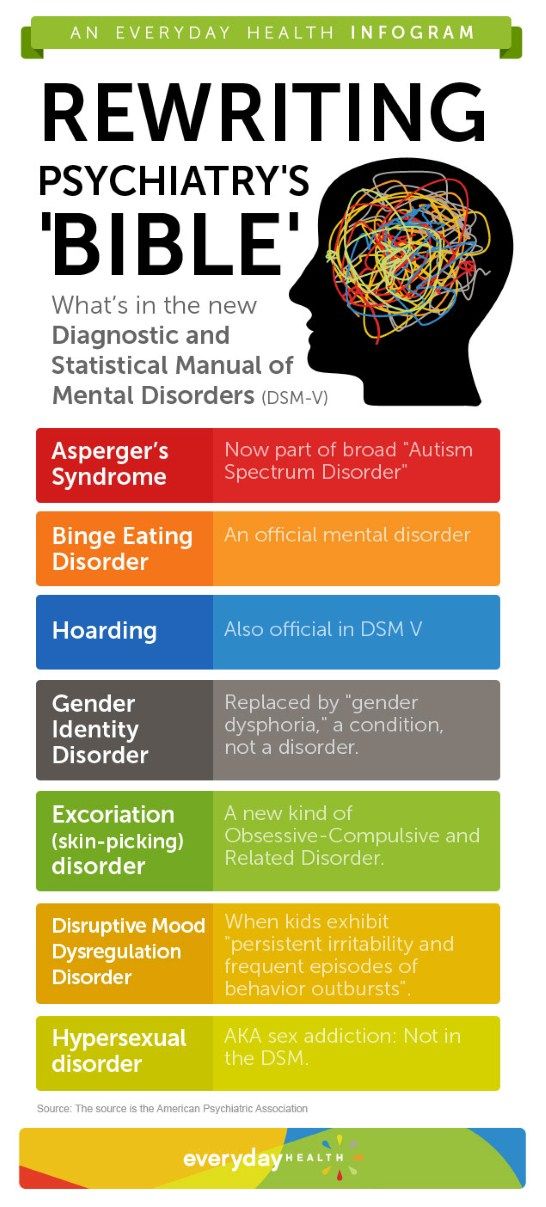 Individuals with an antisocial personality disorder will act against the social norms and break the rules and law resulting in reckless disregard for others. These individuals often lack empathy and are always in trouble with the law. They will lie and even practice physical violence against others. They have an underlying ulterior motive or agenda and often have experienced abuse, neglect or trauma in childhood. Individuals with autism may act against social norms; however, they do not carry an agenda or ulterior motive and do not have a history of childhood abuse or trauma.
Individuals with an antisocial personality disorder will act against the social norms and break the rules and law resulting in reckless disregard for others. These individuals often lack empathy and are always in trouble with the law. They will lie and even practice physical violence against others. They have an underlying ulterior motive or agenda and often have experienced abuse, neglect or trauma in childhood. Individuals with autism may act against social norms; however, they do not carry an agenda or ulterior motive and do not have a history of childhood abuse or trauma.
3. Schizophrenia
This serious mental illness is characterized by incoherent or illogical thoughts, bizarre behavior and speech and delusions or hallucinations, such as hearing voices. Both schizophrenia and autism involve cognitive and sensory-processing problems, both seem to run in families and both include atypical brain development. However, individuals with autism do not have delusions or hallucinations, which are critical components of schizophrenia.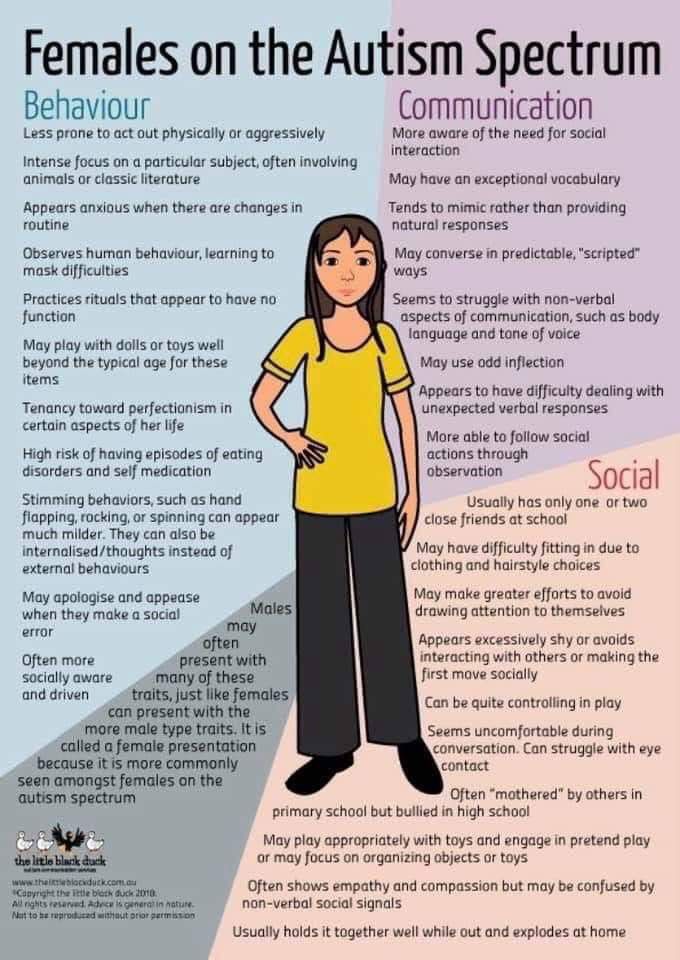 Also, schizophrenia is usually diagnosed in adulthood where autism is diagnosed in childhood.
Also, schizophrenia is usually diagnosed in adulthood where autism is diagnosed in childhood.
4. Learning disorders
Learning disorders are a spectrum of disabilities that interfere with the three “R”s, reading, writing and arithmetic. While kids with autism will also struggle with learning, they are capable of intense focus and comprehension on a topic that interests them. Autism is a disorder of development that mainly involves social understanding, communication and repetitive routines or behaviors, including narrow and obsessive interests.
5. Attention Deficit Hyperactive Disorder (ADHD)
There can be overlap in the symptoms of autism and ADHD, difficulty focusing, hyperactivity and impulsivity. But while children with ADHD will resist order and repetition, these things can be comforting for a child with autism. A child with autism may be reluctant to speak or engage with others unless they are talking about a topic that interests them. With ADHD, a child will impulsively speak, often and interrupt others.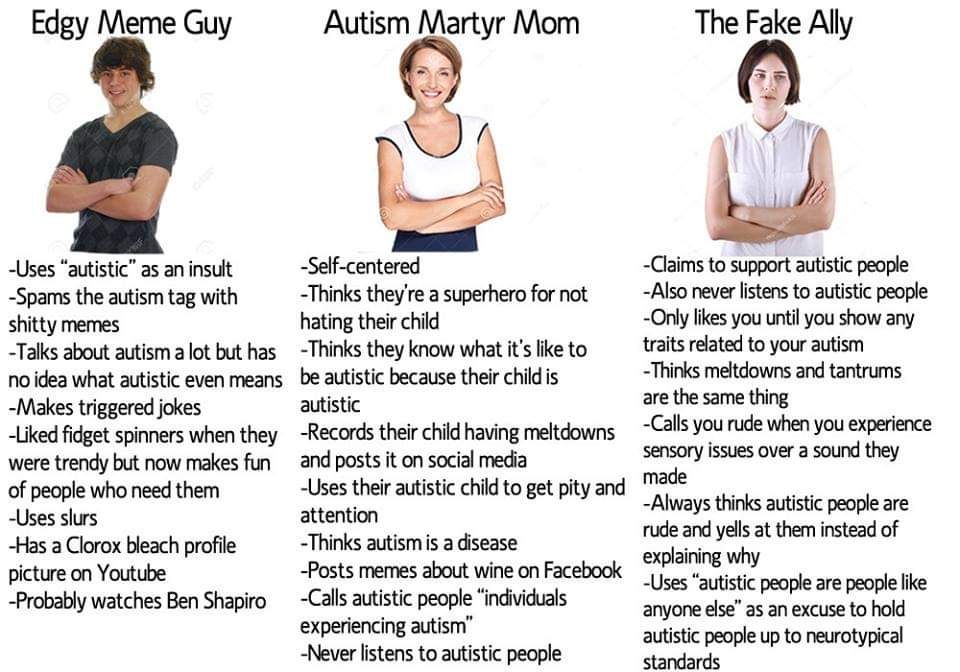
If you or someone you know needs support, we are here to help at Center for Discovery. Contact us today.
More from Center for Discovery:
- ADHD and Eating Disorders
- Picky Eating and AFRID: More than a Preference
- Understanding Anorexia and Mental Health
Conditions & Disorders with Symptoms Similar to Autism
Written by Camille Noe Pagán
Medically Reviewed by Dan Brennan, MD on January 18, 2022
- Conditions That Can Be Mistaken for Autism
- What to Ask Your Child’s Doctor
- Related Articles
A few decades ago, most people had never heard of autism. Now, you probably hear about it regularly. Autism is short for autism spectrum disorder (ASD). It's a group of neurodevelopment (or brain pathway) disorders that cause behavior and communication problems.
ASD usually shows up in early childhood. But adults can be diagnosed with it, too.
There are behaviors tied to ASD, like trouble making eye contact. But autism is different for every person who has it. Some people with ASD may have symptoms so mild that other people barely notice them. Others may have symptoms severe enough to have a major impact on their lives.
But autism is different for every person who has it. Some people with ASD may have symptoms so mild that other people barely notice them. Others may have symptoms severe enough to have a major impact on their lives.
Some signs of autism are similar to or the same as those of other conditions. As a result, some things can be mistaken for autism. That’s a problem because using autism treatment on a person who doesn’t have the disorder probably won’t help the way it should. What's more, someone with another health issue that looks similar, like lead poisoning, may need treatments that have nothing to do with the ones for autism.
Conditions That Can Be Mistaken for Autism
These include:
Speech delays, hearing problems, or other developmental delays: Developmental delays are when your child doesn’t do things doctors expect kids their age to be able to do. These can include language, speech, or hearing problems. Fine motor issues, problems with social interaction, and impaired thinking skills can happen, too.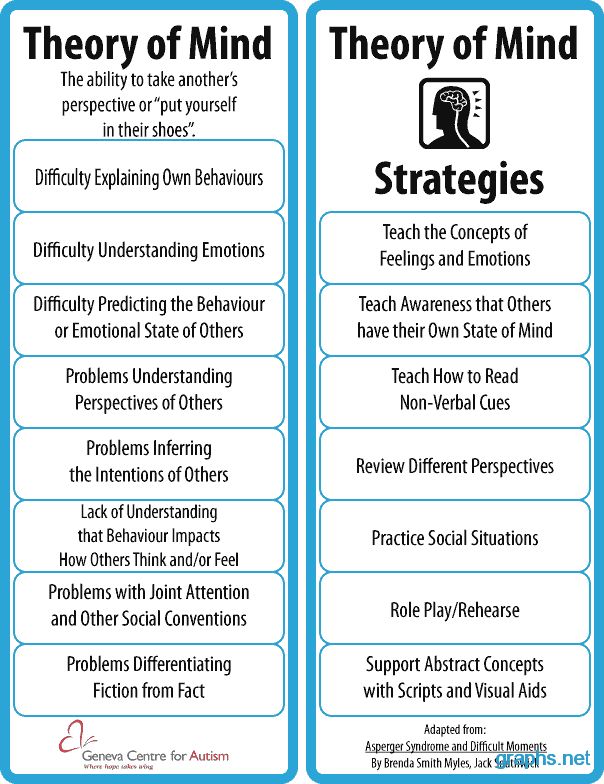 While kids with autism may have developmental delays, those delays can have other causes, like lead poisoning or Down syndrome, or even no known cause.
While kids with autism may have developmental delays, those delays can have other causes, like lead poisoning or Down syndrome, or even no known cause.
Narrowed interests: Children with autism sometimes get very interested in particular activities or things, like maps or ceiling fans. Their interest might even seem obsessive. But that doesn’t necessarily mean they have autism. If they do, they'd have other symptoms of it, such as trouble with social interactions.
Reading early or high intelligence. Children who can read at an early age or show other signs of high intelligence sometimes get diagnosed with autism. This can be especially true for kids with hyperlexia. That's when a child reads very early or shows other signs of high intelligence, but may also have trouble communicating with others.
While children with hyperlexia could have autism, the conditions don’t always go hand-in-hand.
Sensory or sensory processing issues: Some children are very sensitive to light, sound, or touch.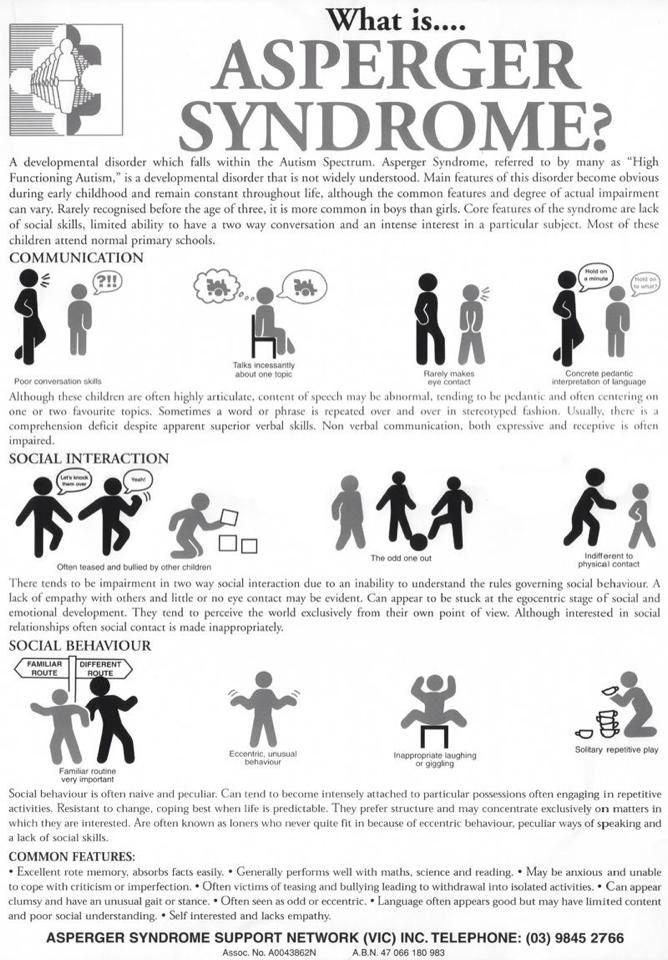 Things like being hugged or hearing loud noises may upset them or cause them to stop communicating. A child with autism might do this too, but they'd have other symptoms of autism, like speech delays.
Things like being hugged or hearing loud noises may upset them or cause them to stop communicating. A child with autism might do this too, but they'd have other symptoms of autism, like speech delays.
Psychological disorders: These may cause obsessive behavior, speech and communication problems, and other issues that may seem like autism, but aren’t.
Examples include:
- Avoidant personality disorder
- Obsessive compulsive disorder (OCD)
- Reactive attachment disorder
- Social (pragmatic) communication disorder
- Schizophrenia, which rarely happens in children
Lead poisoning: Lead is a metal that can damage the brain. If a child gets lead poisoning by eating paint chips or drinking water with lead particles, they might have developmental delays and learning difficulties. Those issues may seem to be autism. Some research suggests it might lead to autism, but the connection isn’t clear. Kids who get treatment for lead poisoning may see their symptoms improve, so getting diagnosed is important.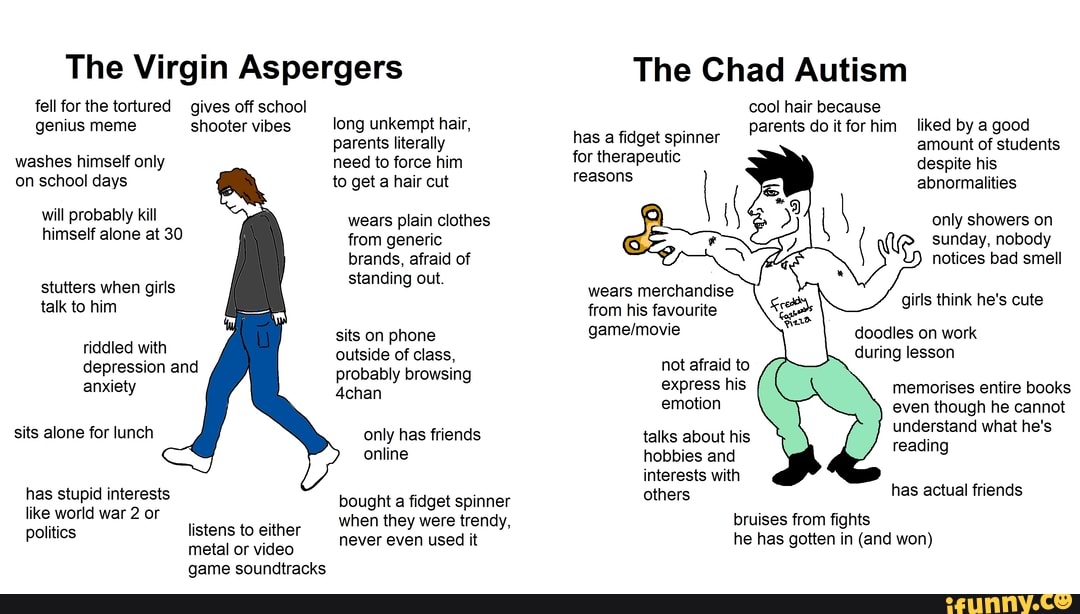
Genetic disorders: While some of these couple with autism (Down syndrome, or tuberous sclerosis, for example), others can be mistaken for it. One recent study found that up to 50% of children with a genetic disorder called 22q11.2 deletion syndrome were told they had autism when they didn't. That’s because many of the symptoms of 22q11.2 deletion syndrome, including delayed speech development, can also be signs of autism.
What to Ask Your Child’s Doctor
To diagnose autism, a doctor will check your child’s development and behavior. The doctor may ask you (and possibly your child) questions, take a full health history, and observe your kid's behavior.
If the doctor thinks they might have ASD, they may suggest an evaluation. That’s when a team of experts who specialize in autism -- including a neurologist, psychologist, psychiatrist, speech therapist, or other professionals -- do a series of tests and screenings to see if your child has autism or another issue, like a psychological or speech disorder.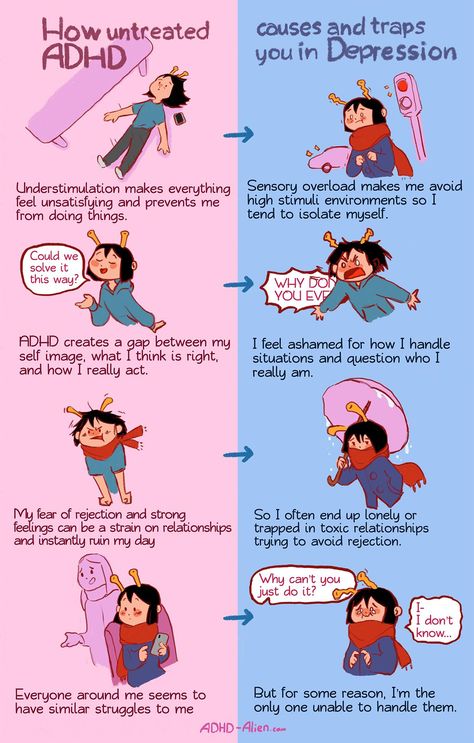
If you think your child may have been misdiagnosed with autism or may have another health problem, ask your child’s doctor these questions:
Have you checked my child’s hearing?
Hearing problems can cause speech development delays and other issues that can be mistaken for autism.
Are there other tests we should consider?
For example, if you live in an old home, you may want to request a test to check for lead in your child’s blood.
Can I see a specialist or a team of specialists?
If your doctor says your kid has autism, but your child hasn’t also seen a neurologist, psychiatrist, or other professionals who specialize in ASD, ask for referrals so you can get more information.
Can we move forward with treatment even if we’re not sure what this is?
If your child has a developmental delay that may or may not be autism, treatment such as occupational therapy, speech therapy, or social skills training may still help.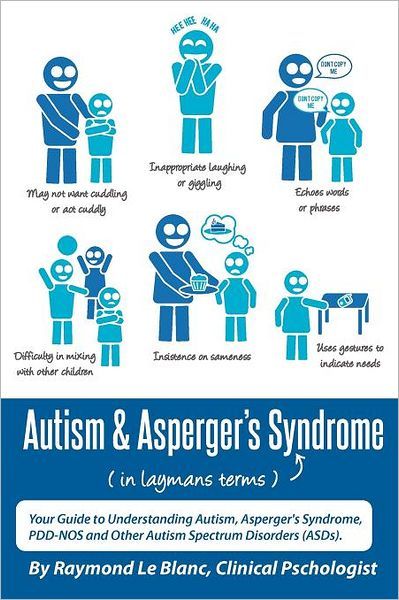
Autism: (RDA) or Kanner's Syndrome, Asperger's Syndrome, Causes of Development, Diagnosis and Treatment
People who have never experienced autism find it difficult to understand what it is and how it manifests itself, often they do not attach much importance to the characteristics of the child until the moment, when they begin to compare their child with their peers on the playground.
Submit an application for diagnosis and treatment
I confirm that I accept the terms of consent to the processing of personal data.
But for parents who already have one or more healthy children, it will not be difficult to detect violations in the behavior and development of one of the kids. What is autism? How to recognize the first signs of the disease? What are the reasons for the development of pathology? Can autism be cured?
What is autism?
It is impossible to give a universal and reliably accurate definition of autism.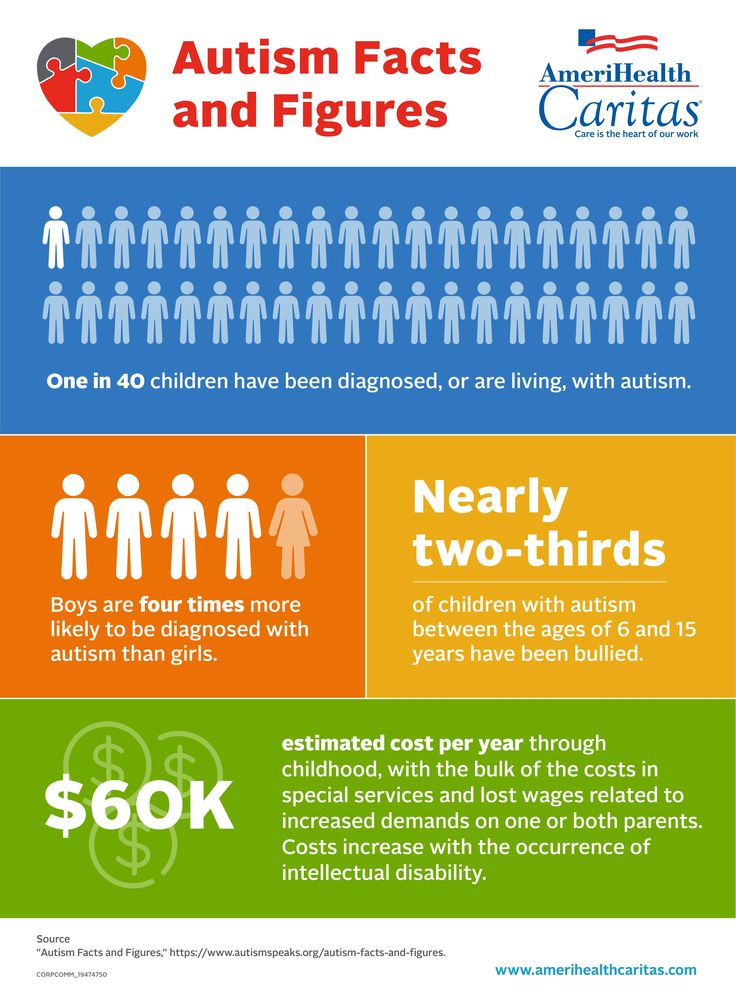 This is due to the fact that there are no true and unanimous reasons for the development of autism among medical researchers. According to a generalized definition, autism is a condition characterized by a violation of neurological development, cognitive functions, affecting thinking, perception, social and communication skills, attention and behavior of a person as a whole. But don't panic if your child has been diagnosed with autism. This condition can occur not only in severe form, with a mild form of autism spectrum disorder, a person can practically not differ from others, and sometimes have the highest and even brilliant intellectual abilities, such as, for example, in a rare form of autism - savant syndrome. Among the prominent people with signs of autism, it is worth noting Albert Einstein, Charles Darwin, Michelangelo, Vincent van Gogh, Sir Isaac Newton, Donna Williams, Daryl Hannah, Bill Gates and many others. Autism is 3-4 times more common among boys than among girls. This diagnosis appeared relatively recently in medicine.
This is due to the fact that there are no true and unanimous reasons for the development of autism among medical researchers. According to a generalized definition, autism is a condition characterized by a violation of neurological development, cognitive functions, affecting thinking, perception, social and communication skills, attention and behavior of a person as a whole. But don't panic if your child has been diagnosed with autism. This condition can occur not only in severe form, with a mild form of autism spectrum disorder, a person can practically not differ from others, and sometimes have the highest and even brilliant intellectual abilities, such as, for example, in a rare form of autism - savant syndrome. Among the prominent people with signs of autism, it is worth noting Albert Einstein, Charles Darwin, Michelangelo, Vincent van Gogh, Sir Isaac Newton, Donna Williams, Daryl Hannah, Bill Gates and many others. Autism is 3-4 times more common among boys than among girls. This diagnosis appeared relatively recently in medicine.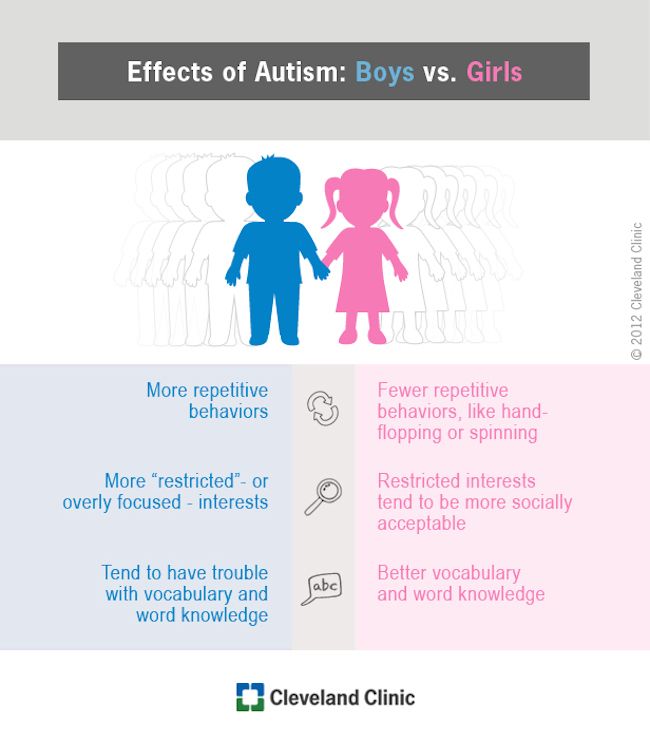
A History of Autism Research
The term autismos (translated from Greek autos – self) was first used by the Swiss scientist Eugen Bleuler in 1911 to refer to one of the diagnostic criteria for schizophrenia. The syndrome of early childhood autism was first described in 1943 by the American child psychiatrist Leo Kanner, and in 1944 independently by the Austrian pediatrician and psychiatrist Hans Asperger under the name "autistic psychopathy". The described type of disorder was later called Asperger's syndrome, which was quite close to the variant of the syndrome described by Kanner, but differed in that the cognitive and linguistic abilities of the child were generally preserved.
All the above-mentioned scientists in their works described the characteristic features that were observed among the observed patients: isolation, self-isolation, detachment from reality and immersion in the world of inner experiences.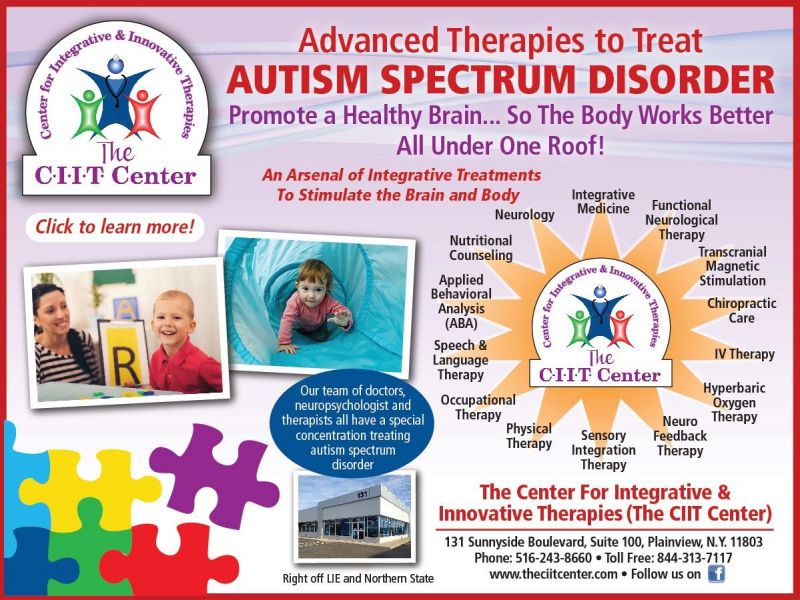 Today in medicine they talk not so much about autism as about autism spectrum disorders (ASD), which include Asperger's, Rett's, Kanner's syndromes, high-functioning autism and others, according to ICD-10.
Today in medicine they talk not so much about autism as about autism spectrum disorders (ASD), which include Asperger's, Rett's, Kanner's syndromes, high-functioning autism and others, according to ICD-10.
Types of autistic disorders
Types of autistic disorders and severity are distinguished depending on how a person is socially adapted, what is his manner of behavior and ability to function independently as a full-fledged member of society. There are about twenty types of autism. Symptoms of autism spectrum disorders are divided into two main groups:
- Social communication
- Lack of interest in communication and social interaction
- Inability to speak and understand others
- Repeated actions, limited classes and interests
- The same type, repeated movements
- strict observance of peculiar rituals, order and sequence of actions
- Limited circle of interests
- Hypersensitivity or vice versa of perception of external irritants
Autistic people suffer from gastrointestinal disorders, regardless of the type of ASD.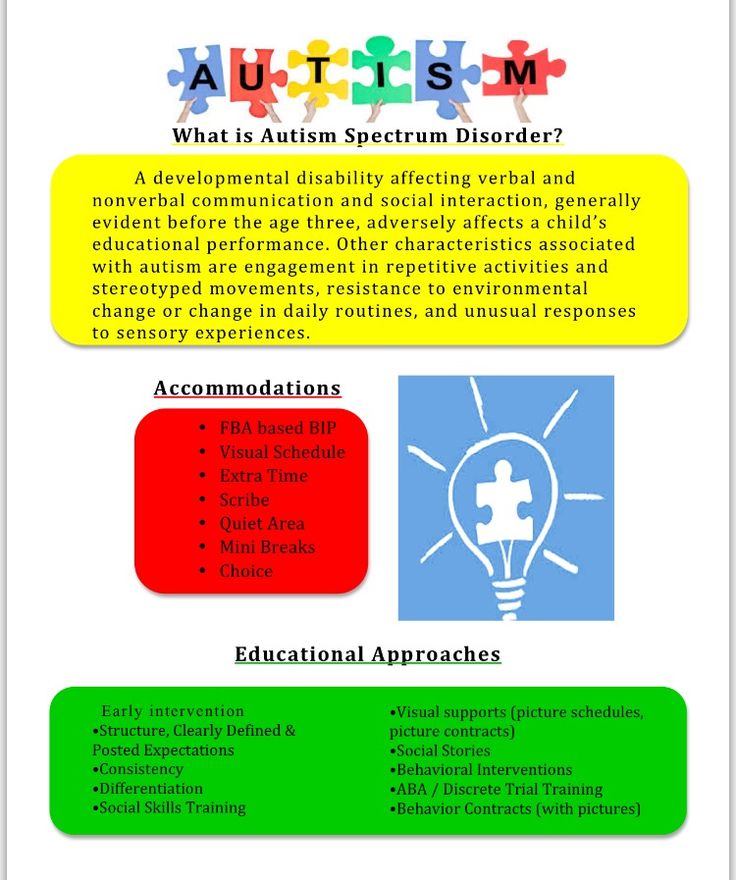
Early childhood autism syndrome (ARD) or Kanner syndrome
Autism may be a secondary symptom of schizophrenia, but if the diagnosis excludes the schizophrenic symptom complex, then it may be an autism spectrum disorder and is a syndrome of infantile early autism. Symptoms of this disease appear, as a rule, at the age of up to three years and accompany a person throughout life. RDA is characterized by a violation of the general development, emotional sphere, social interaction, speech development, etc., and after three years, signs of mental disorders can be observed. Symptoms of early childhood autism:
- Emotional coldness
- Inability to manage your emotions (attacks of sudden aggression)
- The desire for loneliness
- indifference to loved ones
- Lack of visual contact (does not look into the eyes)
- Immersion in the world of internal experiences
- absence communication with others
- Fear of novelty
- Feels the need for a kind of ritual and shows a violent negative reaction to any changes (in the daily routine, rearranging furniture, changing the time of walks, meals, etc.
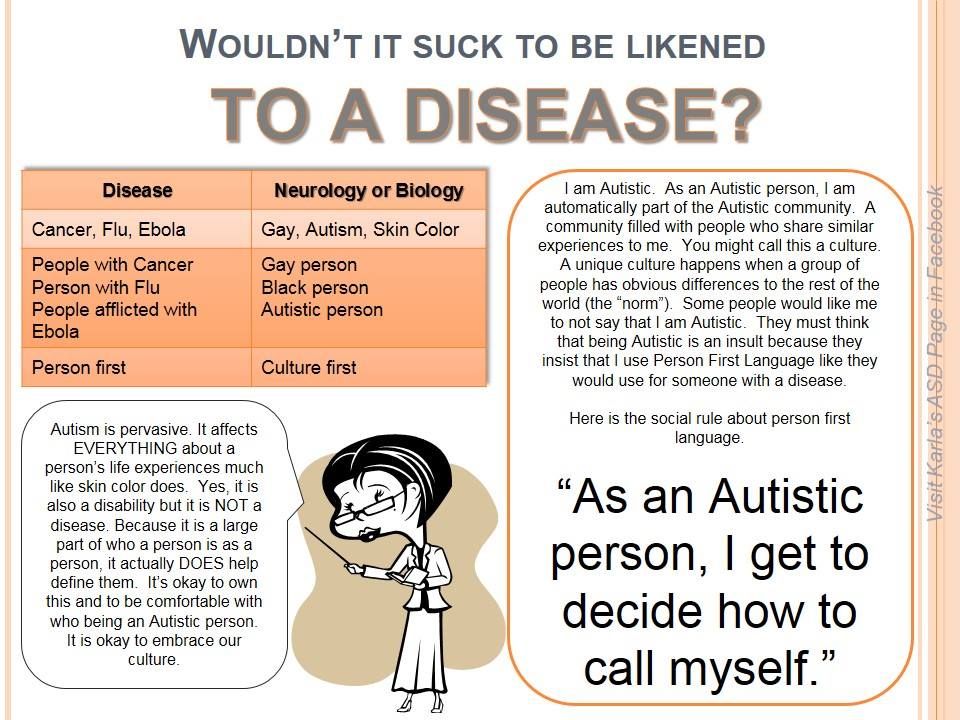 )
) - Attachment to one or part of a toy
- No gesticulation when talking
- Child does not respond to name
- Does not ask for help
- Impaired psychoverbal development other similar movements.
- Approximately 30% of children have epileptic seizures
- Sleep and gastrointestinal disorders
- Low mental development (mental retardation)
Asperger's syndrome
This disease is quite difficult to diagnose and sometimes the diagnosis can be significantly extended in time. This is due to the fact that sometimes it is not easy for doctors to implement a differential diagnosis, since it may be difficult to distinguish between the syndrome and other pathologies, for example, delayed psychoverbal development or attention deficit hyperactivity disorder. Mental development in this condition is within the normal range or even higher. Since Asperger's syndrome has absolutely no external signs, some experts attribute the symptoms of this condition to the "features" of the individual or age, thus alienating parents and the baby from the timely provision of qualified assistance.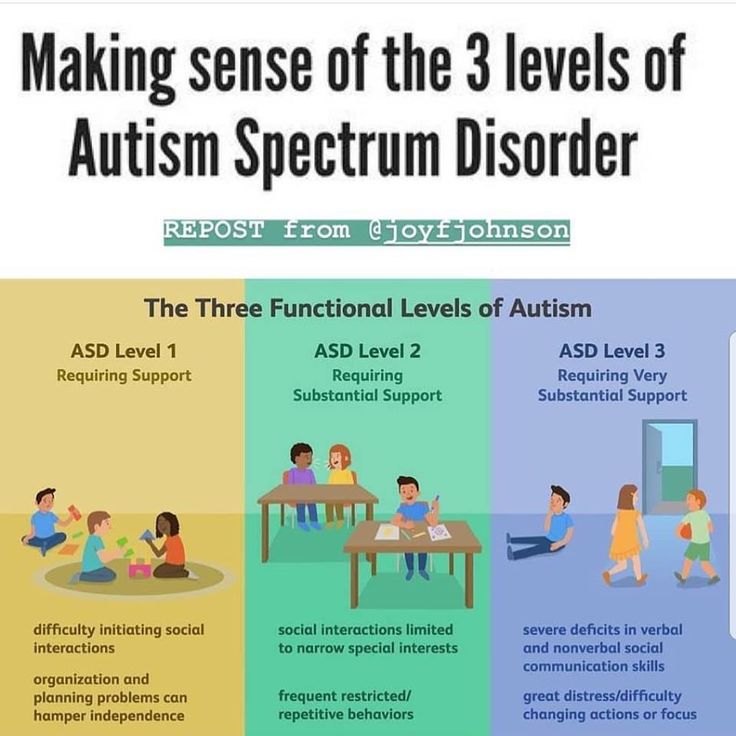 There are times when people learn about their diagnosis already in adulthood. That is why choosing a good specialist with many years of experience is so important. Symptoms of Asperger Syndrome in Children:
There are times when people learn about their diagnosis already in adulthood. That is why choosing a good specialist with many years of experience is so important. Symptoms of Asperger Syndrome in Children:
- Intermittent eye contact. The child tries not to look into the eyes of others or, on the contrary, his gaze is too close.
- Unusual manner of communication. Peculiar intonation, unemotional, monotonous, robotic speech, weak or inappropriate gestures, weak facial expressions, involuntary sounds, laughter.
- A narrow and peculiar range of interests.
- Non-standard perception, understanding of oneself and others.
- Poorly developed empathy, the baby is practically unable to sympathize, empathize, understand the feelings of other people, does not feel attachment to loved ones, but is attached to the house.
- Clumsiness, angular motor skills.
- Often a child takes everything that is said literally, not understanding metaphors and humor.
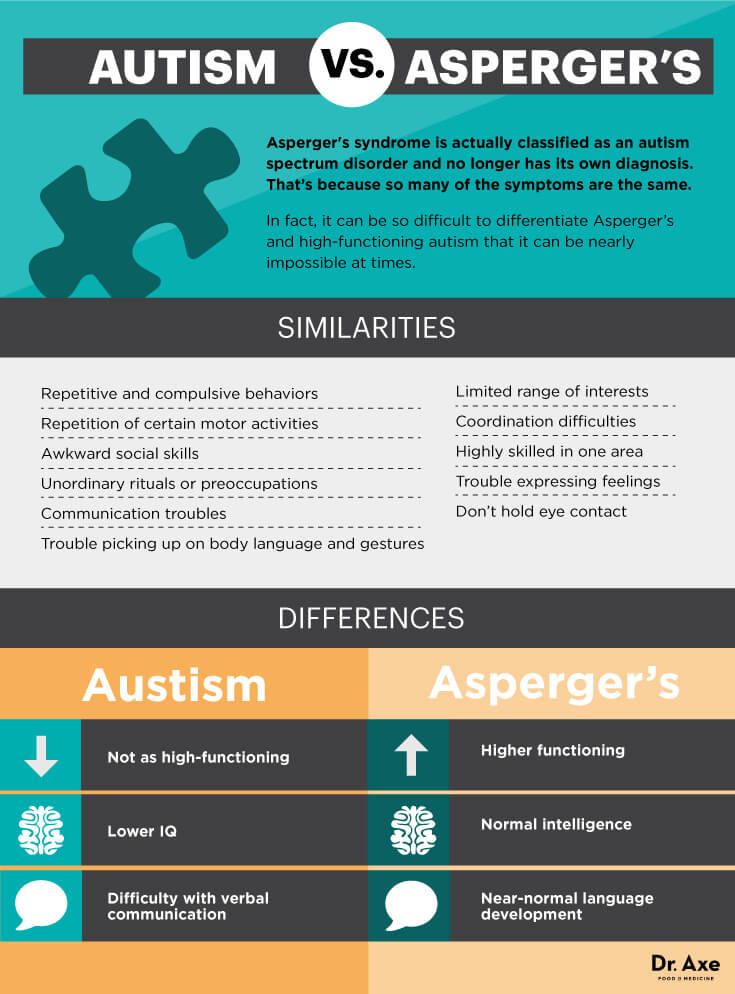
- May experience specific fears.
- The child has difficulty separating the main and secondary information, is attentive to details.
- Impulsivity, lack of internal logic of behavior.
- Often prefers to play alone, no team spirit, no close friends. He does not understand how to behave in society.
Symptoms of Asperger's Syndrome in adults:
- Unusual manner of speech (monotone, no intonation).
- Weak facial expressions, scarcity of gestures.
- He does not understand humor and hidden meaning, he takes everything literally.
- An autist does not consider it necessary to look into the eyes of the interlocutor; if he remarks, he may look too intently.
- May appear rude and ill-mannered due to lack of intuition (during a conversation, he may turn away from the interlocutor and go about his own business, invite you to dinner and not come, etc.). He can talk about something for a long time and monotonously, not noticing that he offended or tires the interlocutors, or suddenly turn around and leave if he doesn’t like something.
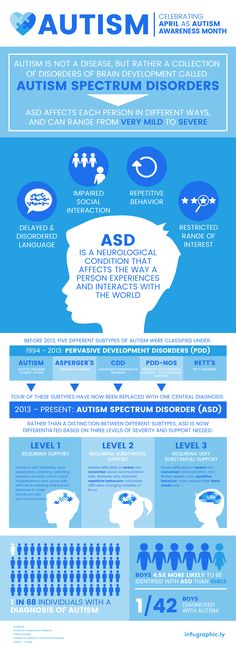
- Tends to focus on an unusual hobby, hobby or person. Having lost interest in the subject of close attention, he instantly cools down to it and switches to something else.
- May experience specific fears.
- They are often unable to understand why a person is sad or upset, they cannot empathize, sympathize, thinking about it alone. At a meeting, he does not ask how you are doing, and does not tell anything about himself.
- The firmness of established views and decisions, it is almost impossible to convince such a person by any arguments.
- Lack of flexibility. Even the slightest changes in the schedule, plans can unbalance an autistic person, impromptu can cause severe psychological stress.
- It is critically important for a person with Asperger's Syndrome to adhere to the established rules, structure of actions and habitual routine, the work process must be structured and highly organized. Violation of the routine unsettles him, causes panic and affective reactions.

- Increased tactile sensitivity. Such people avoid hugs, pats, touches. An exception can only be his partner in a relationship. There may also be hypersensitivity to loud sounds, bright lights, clothing tags, etc.
Rett syndrome
The peculiarity of this pathology is that only girls suffer from it. This is due to the fact that the cause of the development of the disease is a genetic mutation of the X chromosome, which can be inherited. Women, unlike men, have two of these chromosomes, with Rett syndrome, one of the X chromosomes is defective, and the second is completely normal, which allows the female fetus to survive until birth. Male fetuses with an X chromosome deformity do not survive to birth, dying in the womb. There are practically no signs of the disease at birth, but parents should pay attention to such factors as muscle flaccidity, congenital hypotension, sweating of the limbs and pale skin. The main symptoms of Rett syndrome appear after six months of the child.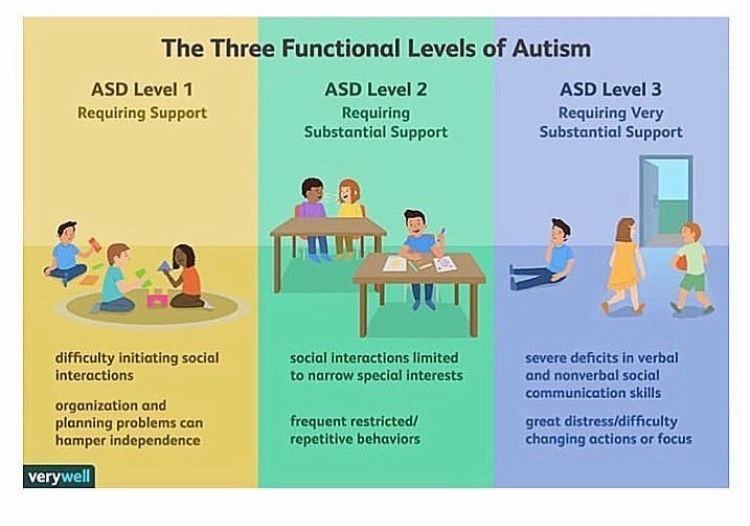 Rett Syndrome Symptoms:
Rett Syndrome Symptoms:
- Disproportionate development of the body (head and limbs are much smaller than the body).
- Violation of speech development. By the age of two, the baby can completely forget how to speak.
- The child cannot bend the knees while walking.
- The spine is curved, frequent seizures.
- Growth slowed down.
- The child's breathing is shallow and frequent, cases of sudden respiratory arrest are not uncommon.
- Stereotypical movements.
- Loss of interest in games.
- Sleep disturbance, anxiety.
Reasons for the development of autism
Reliable reasons for the development of autism have not been established to date, since this disease is a complex disorder of the nervous system. Among the most common causes are the following:
- Genetic predisposition
- Heredity
- Brain disorders
- Conceiving a child at a late age
- Intrauterine infection during pregnancy
- Premature birth
- Fatal injuries, asphyxia
- TOKSMENIA
- Pallery ecology
- of the child's heaviness
The reasons
Can vaccination cause autism?
Quite often, parents refuse vaccination, arguing that the risk of developing autism in a child increases as a result of vaccination.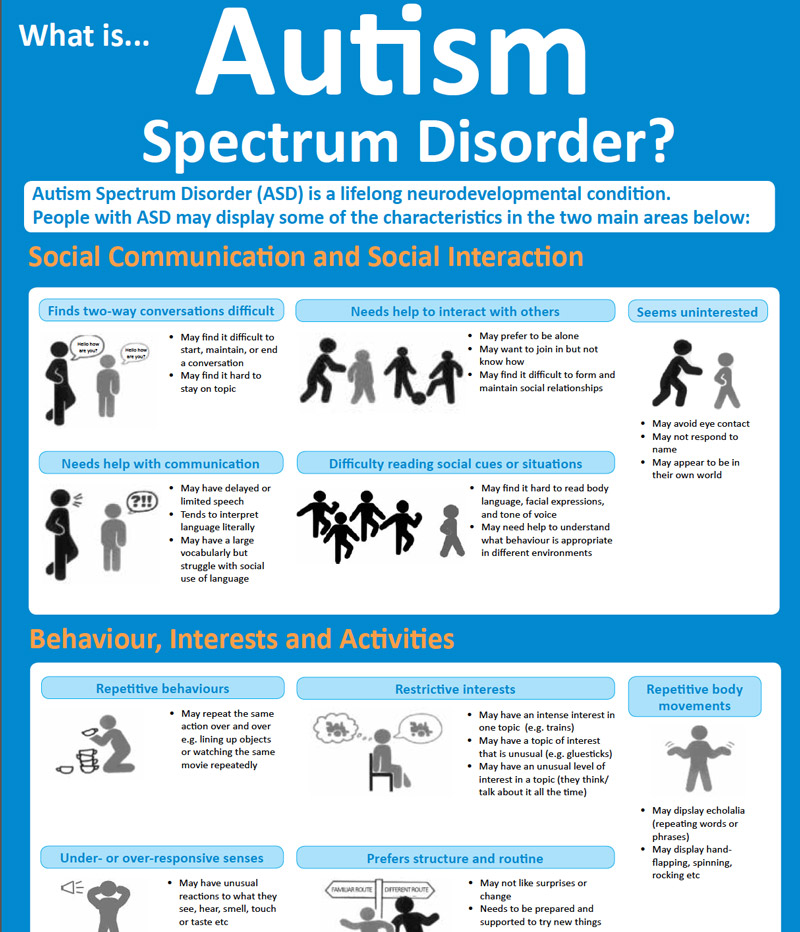 This theory has no scientific confirmation and is associated with the age factor. Since autism spectrum disorders are usually diagnosed around the age of three years, which coincides with the period of vaccination. It has been scientifically proven that there is no link between vaccination and the development of autism.
This theory has no scientific confirmation and is associated with the age factor. Since autism spectrum disorders are usually diagnosed around the age of three years, which coincides with the period of vaccination. It has been scientifically proven that there is no link between vaccination and the development of autism.
Diagnosis of autism
Neural connections at an early age are more flexible and more amenable to therapy, treatment will be more effective and less expensive. That is why early diagnosis and an adequate diagnosis are so important. Several specialists take part in the diagnosis of ASD: a psychiatrist, a neurologist, a psychologist, and a pediatrician. Children at risk (those who have experienced birth trauma, who were born prematurely, who are not gaining weight well) are recommended to be screened every six months. In making a diagnosis, specialists primarily rely on symptoms. If you notice any violations or factors that worry you, you should seek the advice of a specialist.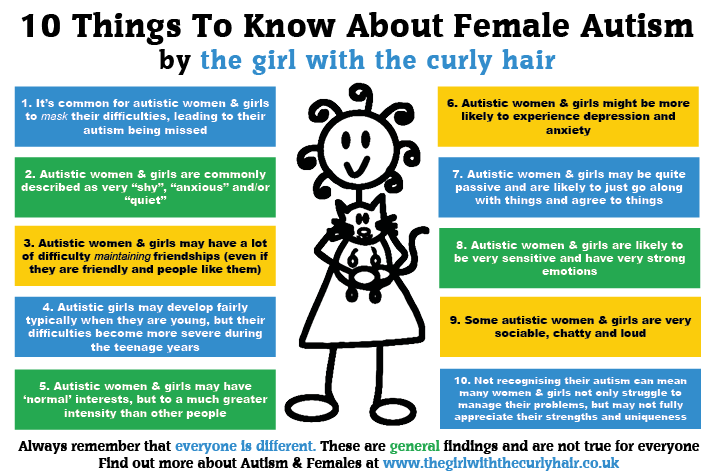 Perhaps these signals are not signs of autism, but timely diagnosis is the key to the most effective treatment. In addition to the presence of symptoms, the doctor collects a complete medical history of the child, information about the family, examination, checks cognitive, social and language skills, conducts a neurological examination, genetic testing.
Perhaps these signals are not signs of autism, but timely diagnosis is the key to the most effective treatment. In addition to the presence of symptoms, the doctor collects a complete medical history of the child, information about the family, examination, checks cognitive, social and language skills, conducts a neurological examination, genetic testing.
Autism treatment
Can autism be cured? No. Autism Spectrum Disorders cannot be completely cured, but their manifestations can be alleviated. The main task in the treatment of this disease is to simplify a person's life, social adaptation and the development of skills that allow them to function independently without outside help, if possible. The form of treatment depends on the severity and manifestation of disorders, in each case it is selected individually. Some of the most effective treatments include:
How is Asperger's syndrome different from autism?
Asperger's syndrome is one of the autism spectrum disorders.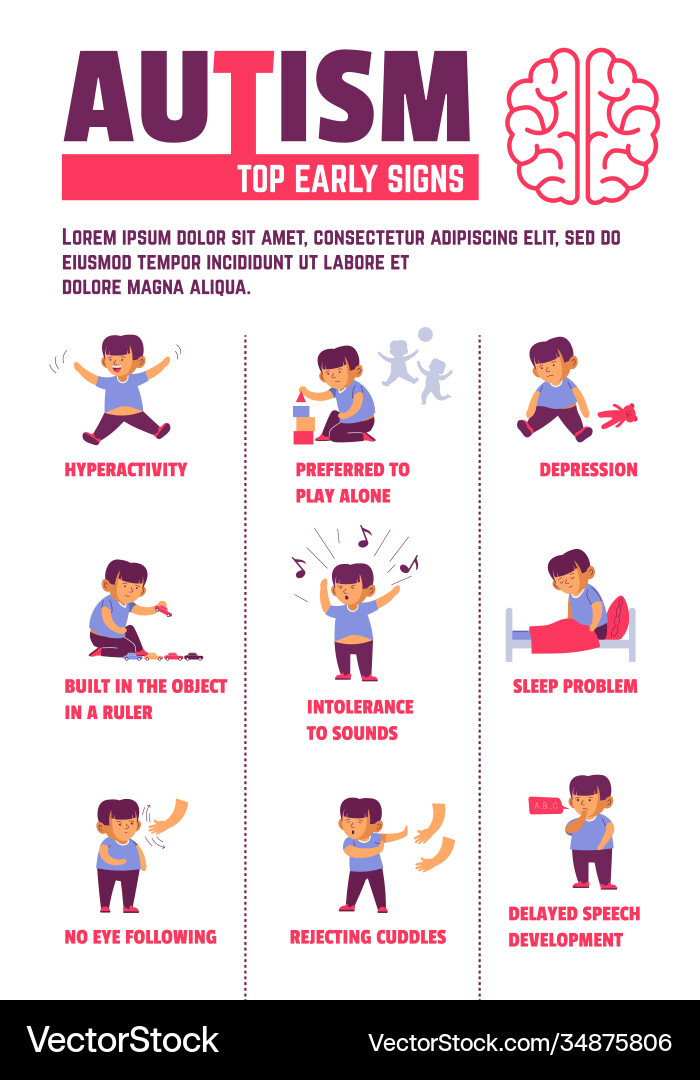 Its symptoms appear in a milder form than the symptoms of autism. The causes of Asperger's Syndrome are not exactly known, but, as with autism, it is believed that they lie in the genetic predisposition and the influence of external factors on a person's prenatal development. In both disorders, there are changes in the brain, but exactly how they appear and develop is not completely known. Correction of the symptoms of this disorder occurs using the same methods as in the treatment of childhood autism.
Its symptoms appear in a milder form than the symptoms of autism. The causes of Asperger's Syndrome are not exactly known, but, as with autism, it is believed that they lie in the genetic predisposition and the influence of external factors on a person's prenatal development. In both disorders, there are changes in the brain, but exactly how they appear and develop is not completely known. Correction of the symptoms of this disorder occurs using the same methods as in the treatment of childhood autism.
The main symptoms of autism spectrum disorders are problems in social interaction with others, unwillingness to make contact, lack of empathy and inadequate perception of generally accepted norms and concepts. However, people with Asperger's syndrome function much better in society than those with autism. Problems with speech and learning in such a person are less pronounced. People with Asperger's Syndrome may react inappropriately to social interactions and often come across as insensitive.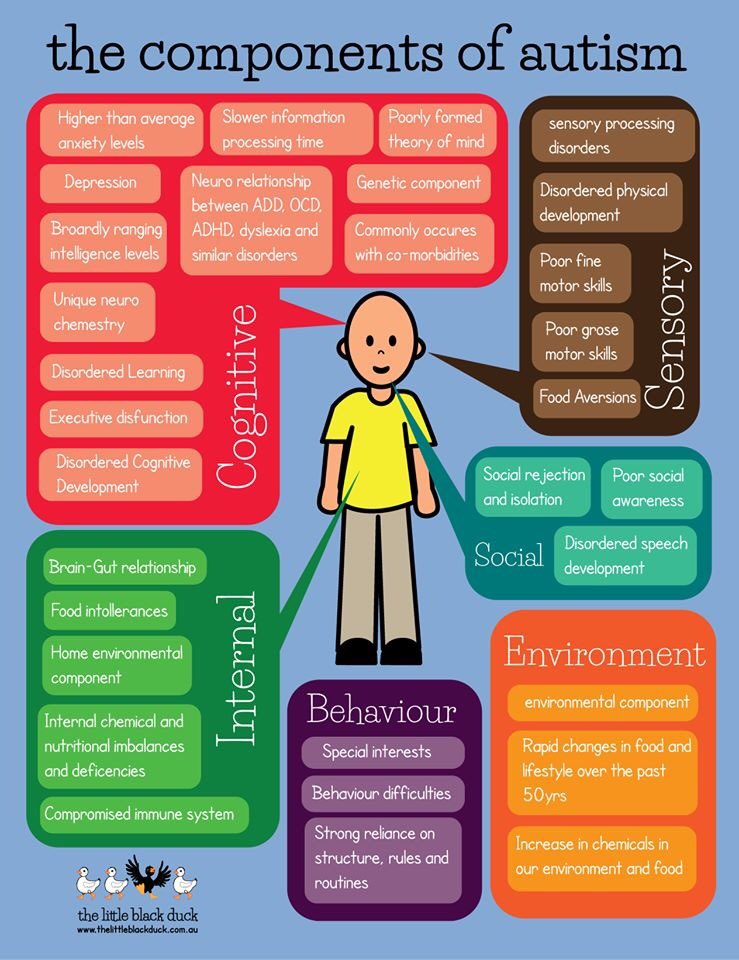 They are able to theoretically understand the emotions of other people and learn empathy, but they usually find it difficult to put their knowledge into practice.
They are able to theoretically understand the emotions of other people and learn empathy, but they usually find it difficult to put their knowledge into practice.
A child with Asperger's may excel in activities that require attention to detail, such as math, music, or art.
Often people with Asperger's syndrome show limited interests in very specific areas, not seeing or understanding the larger context. To a large extent, this is also true for autistic people. They can also focus mainly on some narrow topics. For example, watch only a certain TV show or play only one toy. This feature can also have a positive side. A child with Asperger's may excel in activities that require attention to detail, such as math, music, or art.
See also
Myths about autism
Famous people of the past are believed to have suffered from autism spectrum disorders such as musician Wolfgang Amadeus Mozart and physicist Albert Einstein.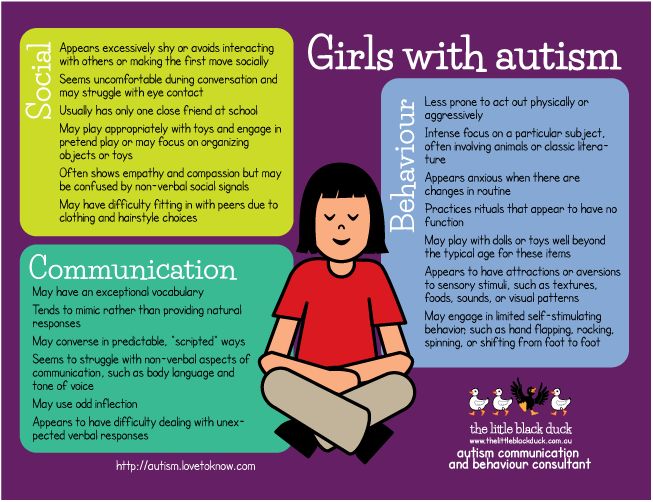 Among our contemporaries, one can single out environmentalist Greta Thunberg, who considers her diagnosis of Asperger's Syndrome a gift that defines her vision of the world "in very black and white." Another striking example of a person with such a disease is the writer, mathematician and computer scientist Daniel Tammet. He set himself the task of explaining to healthy people how the inner world of a person suffering from an autism spectrum disorder works.
Among our contemporaries, one can single out environmentalist Greta Thunberg, who considers her diagnosis of Asperger's Syndrome a gift that defines her vision of the world "in very black and white." Another striking example of a person with such a disease is the writer, mathematician and computer scientist Daniel Tammet. He set himself the task of explaining to healthy people how the inner world of a person suffering from an autism spectrum disorder works.
For both autism and Asperger's syndrome, treatment is aimed at improving symptoms and functioning in society.
Asperger's syndrome and autism are usually diagnosed in children aged 1.5-2 years. Sometimes you can immediately see that the child has some problems in socialization, but in general, he communicates with others adequately. However, it is more likely that Asperger's syndrome can be detected precisely in dynamics, after several years of treatment, after diagnosing autism in a child.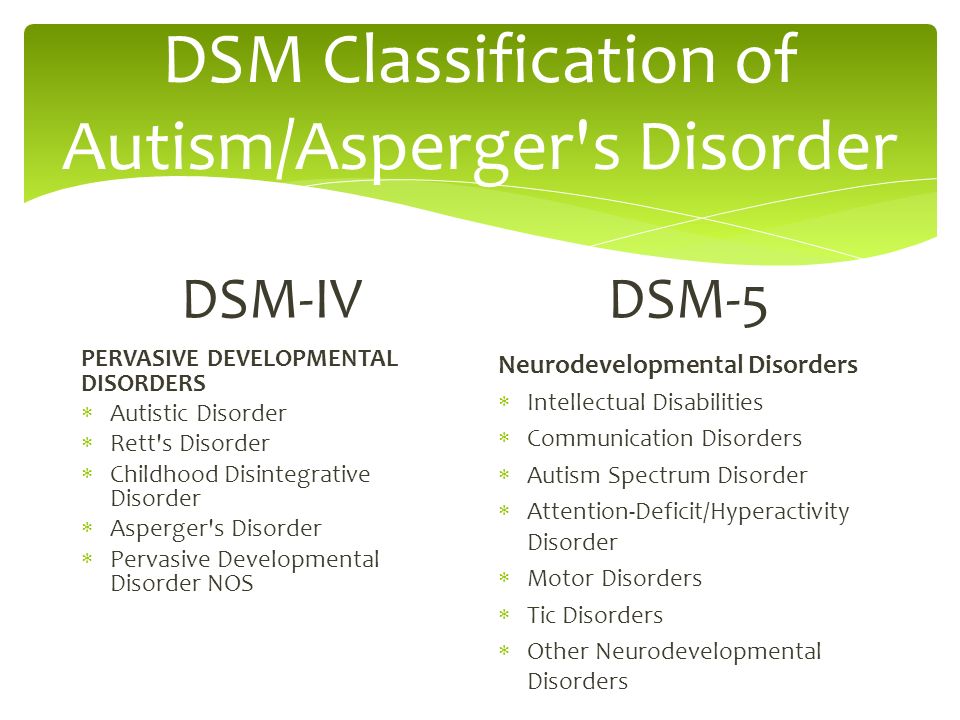 The diagnosis of autism and Asperger's syndrome usually occurs after a meeting of a psychiatrist, child psychologist, occupational therapist and speech therapist with the child and his parents.
The diagnosis of autism and Asperger's syndrome usually occurs after a meeting of a psychiatrist, child psychologist, occupational therapist and speech therapist with the child and his parents.
Autism is treated exclusively with behavioral therapy. In the case of Asperger's syndrome, starting from the late teens, the patient is prescribed treatment with cognitive behavioral therapy. For both autism and Asperger's syndrome, treatment is aimed at improving symptoms and functioning in society. Specialists try to teach the child those social skills that correspond to his age, and which he did not manage to acquire on his own. Patients with autism spectrum disorders are often prescribed medication to reduce symptoms. However, in the case of Asperger's syndrome, the effective drugs are less obvious than in autism.
Symptoms generally improve with age in children with Asperger's syndrome, although difficulties in social interaction with others may persist. It is understanding how the disease develops and how treatment works that helps determine what the future holds for a child with autism spectrum disorder, and what his symptoms may develop into.